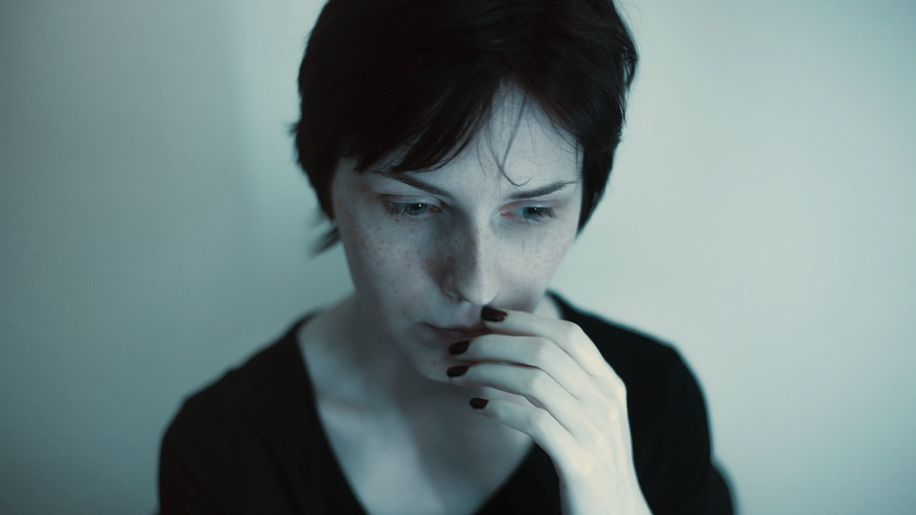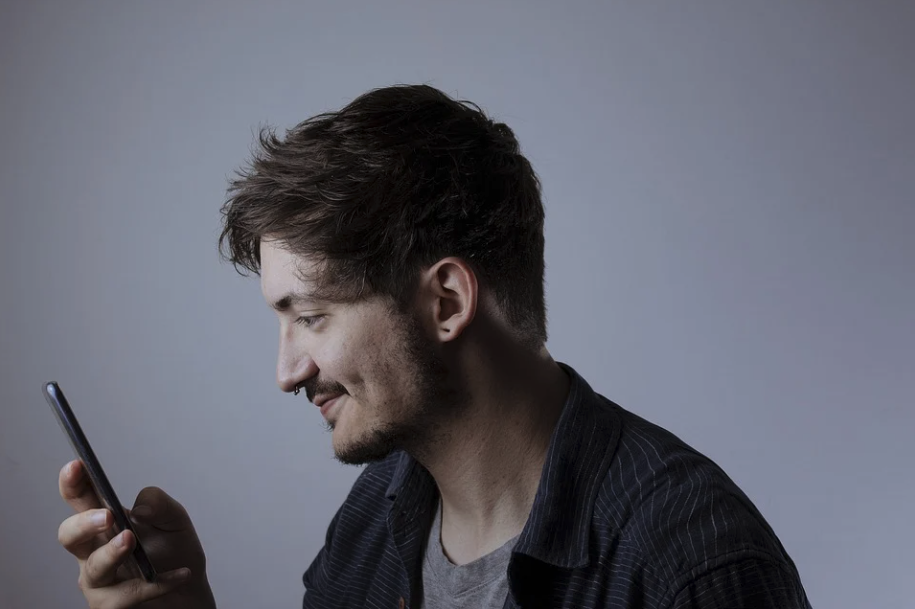A panic attack can come out of the blue. One second you’re sitting in front of the microwave getting ready to eat some popcorn, and the next your heart is racing, and you might think you’re going to die.
It’s a strange one, because a panic attack manifests itself into physical sensations! And yet, it feels like there is a real fear. It can feel like there is this “impending doom”.

It’s sort of like when you’re driving in your car, and one of those big trucks comes out of nowhere. What does your body do? It tenses up and freaks out! And you breathe in really quickly as this flood of adrenaline overtakes you.
The difference, of course, is when you have a panic attack, there is no danger. And so you think, “Holy crap. Why do I feel like this when there is nothing wrong?” And this can make anyone sort of spiral out of control.
And you’re not alone. Millions of people in the world suffer from them everyday. And I had one, too, just a few weeks ago! If you didn’t read the blog, make sure to check it out here:
Get up and move.
Get up and move. This is because your body begins to think, “Okay, we are now getting up to move away from the danger.” But what if it’s the middle of the night? Move anyway!

This can mean going outside for a walk. Refocusing yourself in nature, or on a trail, or just smelling the air outside can get the blood flowing and help to ease anxiety.
On the walk, you might want to repeat a mantra, like, “This too shall pass” or “I’m getting stronger and stronger.”
It helps to know that while we had a panic attack today, overall we are getting stronger and stronger and doing better and better.
Create an anchor thought.
Create an anchor thought. This is a thought that is super powerful that emotionally means a lot to you. For example, “I can’t wait to see the kids.” Or, better yet, “I am so excited to see the kids!”
By saying this, you are telling your body that there is a reason for your sudden adrenaline. Using the word “excited” is great, too, because this is much better than “scared” or “nervous”. And they are very close feelings.
I have a friend, for example, who enjoys flying in planes during turbulence. And I’m like, “You actually like that?”
“Yes,” he says. “It’s exciting.”
Recognize this is just another panic attack.
Once you realize that you are going to be safe, then doesn’t that feel better?
And you can say to yourself, “Don’t worry. Just another stupid panic attack. This is actually kind of fun. Like taking a ride on a spaceship or something.”
Knowing that you are fine is half the battle.
“It’s okay. I was just engaging in catastrophic thinking.”
Tell someone how you’re feeling.

Get on the phone and call someone. I noticed when I had one that there are certain people I can talk to who just make me feel better.
For me, that person is Chris or Scott. The amount of support from these people are amazing. And it’s guy support, meaning, even when they give me crap, I interpret this as support.
They just help me to put things in perspective and if I’m lucky, they’ll even tell me similar stories that they had where they actually went to the ER thinking it was all over.
Play some music.
Music has always gotten me through the worst panics of my life. If you don’t have a guitar or a piano, may I suggest you get one!
Riding out the storm and taking that emotion and putting it into a song has always been my safeguard.
I even told my wife, “If I ever am in the hospital, or if I am somehow suffering through something like a psychotic episode, then make sure to give me my guitar. It’s the only way I’ll survive the experience.”
And hopefully a good song will come out of the experience.
Make sure you press record on your cell phone app. Because the best songs are often created out of these extreme emotions.
Get a counselor.
A lot of people put this at the top of their list. We get people all the time who suffer from panic attacks! This is because a counselor can give you all kinds of techniques, like Cognitive Behavioral Therapy (CBT), which is a great way to change a pattern or a behavior.
CBT in essence, helps you to take a distressing thought, and to transform it into something that we can handle, deal, and cope with.
Breathe.
Studies have shown that slow, big breaths can greatly reduce symptoms of a panic attack. Deep, slow breathing reduces cortisol levels. It also helps to bring us from the sympathetic part of the nervous system (the fight or flight) to the parasympathetic nervous system (which brings the body back to a calm and composed state).
Meditate.
By simply taking 20 minutes in the morning, for ourselves, we can begin to become aware of our thoughts.
Find a spot all to yourself. And for 20 minutes simply focus on your breathing. It might be a spot in your nose where you can feel the air going in and out.
Think of this time as a “vacation”.
Doesn’t it feel nice to take this time as a vacation?
Here’s what Mel Robbins does to get rid of her panic attacks. Notice it starts with meditation:
